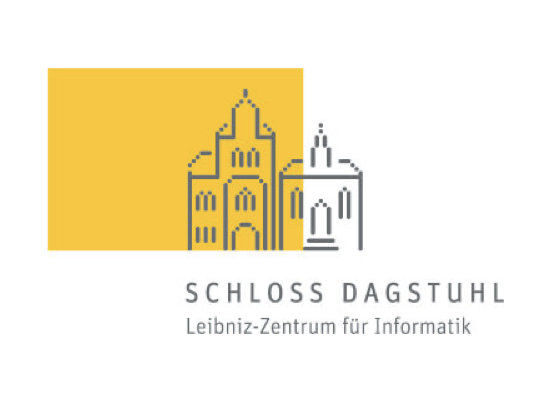
Dagstuhl proposal accepted
We are excited that our proposal for a Dagstuhl Seminar on “Anticipatory Human-Machine Interaction” has been accepted. We will organise the seminar at Schloss Dagstuhl – Leibniz Center for Informatics together with Nele Russwinkel (TU Berlin), Cleotilde Gonzalez (CMU), and Jelmer Borst (University of Groningen).
Even after three decades of research on human-machine interaction (HMI), current systems still lack the ability to predict mental states of their users, i.e. they fail to understand users’ intentions, goals, and needs and therefore cannot anticipate their actions. This lack of anticipatory abilities drastically restricts their capabilities to interact and collaborate effectively with humans. The goal of this seminar is to discuss the scientific foundations of a new generation of systems that anticipate, and proactively adapt to, human actions by monitoring their attention, behavior, and predicting their mental states and intentions.
This seminar brings together researchers from a wide range of fields to provide an interdisciplinary perspective on this emerging topic including: human-computer interaction, cognitive-inspired artificial intelligence, machine learning, cognitive science, neuroscience, cognitive modelling, and social and decision sciences. This variety of perspectives will provide the first international, interdisciplinary forum to discuss theoretical foundations, key research challenges and opportunities, new computational methods, and future applications of anticipatory human- machine interaction. We will discuss key questions such as: How can machines represent and predict mental states of others, including beliefs, desires and intentions accurately? How can machines best make use of the knowledge they have about the mental states and intentions of their human collaborators? What are the requirements for machines to proactively interact in effective team work with humans?

